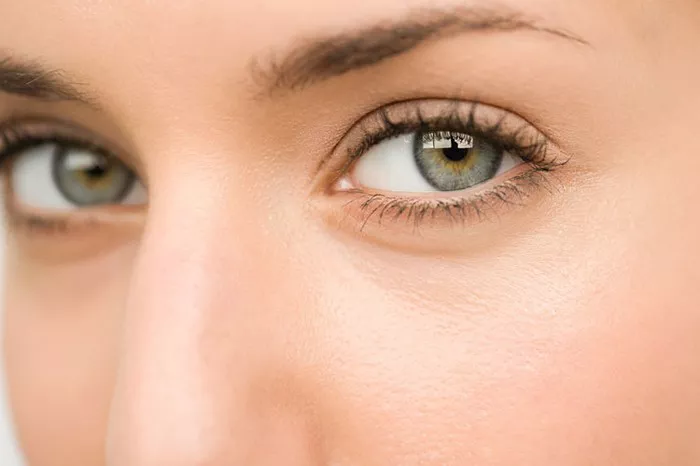Eyelid surgery, also known as blepharoplasty, is a popular cosmetic procedure that aims to rejuvenate the appearance of the eyelids by addressing sagging skin, excess fat, and puffiness. It can help improve the overall aesthetic of the eyes and restore a more youthful and refreshed look. If you are considering eyelid surgery, it is important to understand the criteria and factors that determine whether you are a suitable candidate for the procedure. In this article, we will explore the criteria for eyelid surgery and the key considerations involved.
Understanding Eyelid Surgery
Eyelid surgery is a surgical procedure that can be performed on the upper eyelids, lower eyelids, or both. The specific technique used will depend on the individual’s concerns and goals. The procedure typically involves removing excess skin, repositioning or removing fat deposits, and tightening the surrounding muscles and tissues. It is often performed under local anesthesia with sedation or general anesthesia, depending on the extent of the surgery.
Criteria for Eyelid Surgery
While each individual is unique, there are general criteria that can help determine whether someone is a suitable candidate for eyelid surgery. Here are some key factors and considerations:
1. Eyelid Concerns
The primary criterion for eyelid surgery is the presence of specific eyelid concerns that can be addressed through the procedure. These concerns may include:
- Excess skin on the upper eyelids that droops and impairs vision
- Sagging or loose skin on the lower eyelids
- Puffy or baggy lower eyelids caused by fat deposits
- Fine lines and wrinkles around the eyes
- Hollow or sunken appearance of the eyelids
- Overall tired or aged appearance of the eyes
Eyelid surgery can effectively address these concerns and help restore a more youthful and vibrant look to the eyes.
2. Good General Health
Candidates for eyelid surgery should be in good general health. This ensures that they are physically fit for surgery and have a reduced risk of complications during the procedure and recovery.
3. Realistic Expectations
It is essential for individuals considering eyelid surgery to have realistic expectations about the potential outcomes. While eyelid surgery can achieve significant improvements, it cannot completely alter one’s appearance or stop the natural aging process. Having a clear understanding of the limitations and potential results is crucial for overall satisfaction with the procedure.
4. Non-Smoker
Smoking can increase the risk of complications during surgery and slow down the healing process. Surgeons generally recommend that candidates for eyelid surgery be non-smokers or commit to quitting smoking for a specific period before and after the procedure.
5. Stable Vision
Candidates for upper eyelid surgery should have stable vision. Excess skin on the upper eyelids can impair vision, and surgery can help improve visual field obstruction. However, if the vision is unstable or there are underlying eye conditions, a thorough evaluation by an ophthalmologist may be necessary before proceeding with the surgery.
6. Age Considerations
While there is no specific age requirement for eyelid surgery, it is more common among individuals over the age of 35. However, some younger individuals may also be suitable candidates if they have specific concerns that can be addressed through the procedure. Ultimately, the decision to undergo eyelid surgery is based on individual needs, concerns, and goals, rather than solely on age.
Consultation with a Qualified Surgeon
Before undergoing eyelid surgery, it is crucial to schedule a consultation with a qualified and experienced plastic surgeon. During this consultation, the surgeon will assess the candidate’s specific concerns, overall health, and other factors to determine the suitability for the procedure. The surgeon will also discuss the expected outcomes, potential risks, and recovery process.
Conclusion
Eyelid surgery is a popular cosmetic procedure that can address a range of eyelid concerns and enhance the appearance of the eyes. The criteria for eyelid surgery include having specific eyelid concerns, being in good general health, having realistic expectations, being a non-smoker, having stable vision, and considering age-related factors. Consulting with a qualified plastic surgeon is crucial to determine candidacy for the procedure and to receive personalized recommendations based on individual needs and goals. By understanding the criteria and considerations for eyelid surgery, individuals can make informed decisions about pursuing this cosmetic procedure to achieve a more youthful and rejuvenated appearance.


